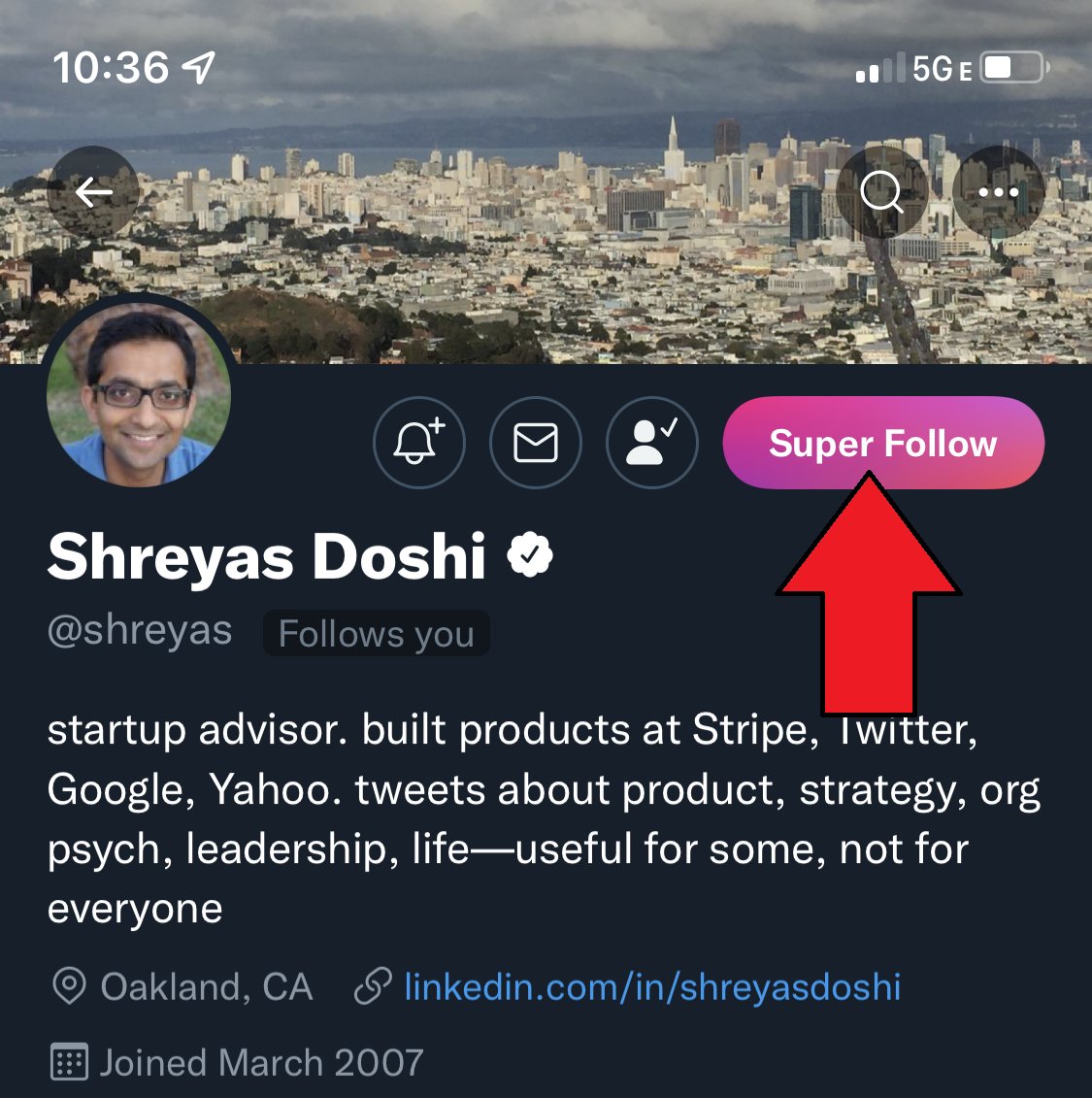
Common product take:
“Obviously, this is the only way you should do [XYZ], if you want your product or company to be successful” — incorrect IMO
Next most common take:
“No one knows what will work, so best to just try something, and iterate your way through it” — also incorrect
“Obviously, this is the only way you should do [XYZ], if you want your product or company to be successful” — incorrect IMO
Next most common take:
“No one knows what will work, so best to just try something, and iterate your way through it” — also incorrect
Correct take:
“For the most important issues, there exist a small number of viable ways (usually between 3 to 10). The real skill isn’t in the knowledge of what they are. Anyone can brute force knowledge. The real skill is in very accurately diagnosing your specific situation...
“For the most important issues, there exist a small number of viable ways (usually between 3 to 10). The real skill isn’t in the knowledge of what they are. Anyone can brute force knowledge. The real skill is in very accurately diagnosing your specific situation...
...to determine with high confidence which of these 3 to 10 ways is the optimal bet, knowing how to execute exquisitely on it, while dodging the inherent pitfalls of your bet, and creating the culture & discipline to actually make it all happen” — THIS is an extremely rare skill
• • •
Missing some Tweet in this thread? You can try to
force a refresh







